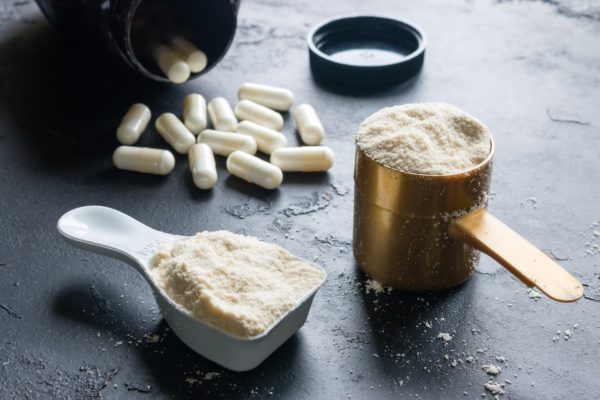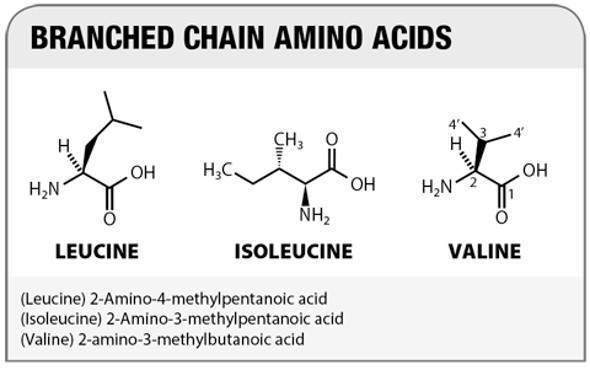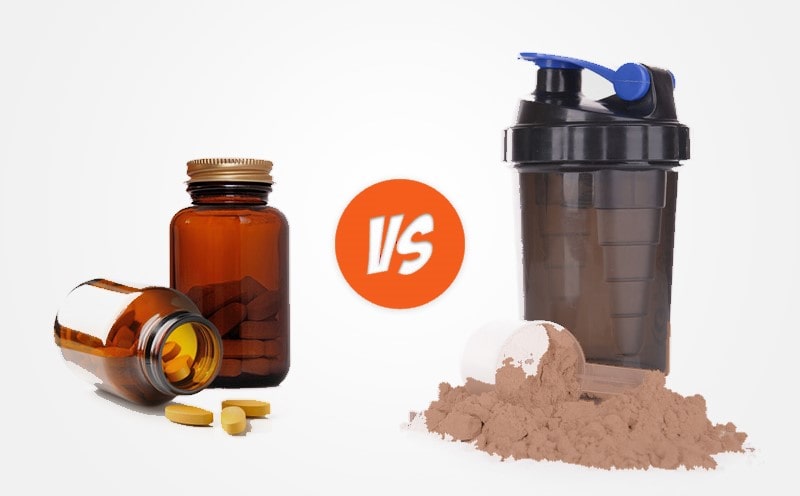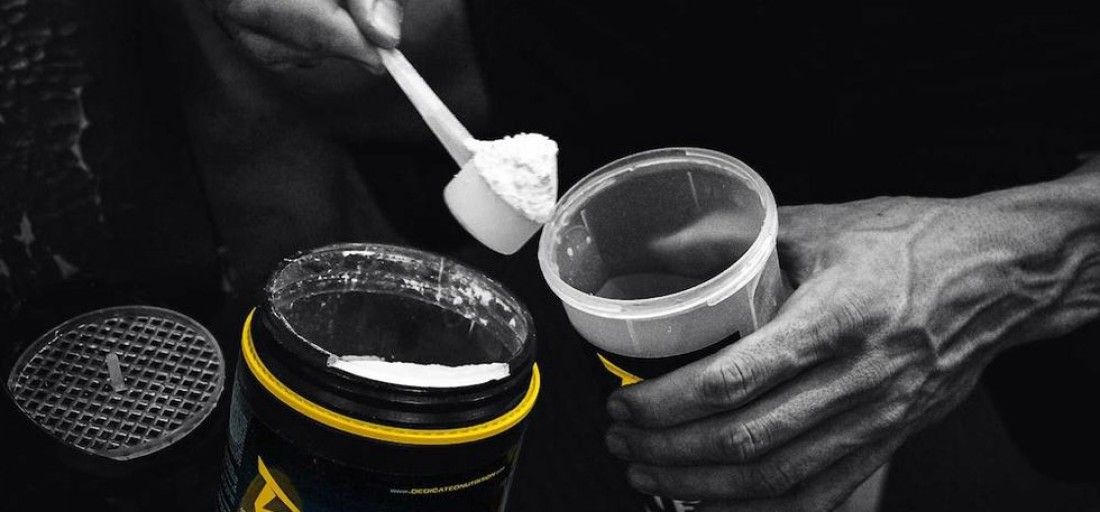This article will explain to you the amino acids and BCAAs. You will get to know what is their role and importance for your body and what is the difference between them.
So let’s get started…
What are Amino Acids?
Amino acids are the organic compounds containing amine (-NH2) and carboxyl (-COOH) functional groups. From a bodybuilding perspective, amino acids can be referred to as the building blocks of protein. These are the compounds that play several important roles in your body.
Types of Amino Acids
There is a total of 20 amino acids. Your body needs all of them to grow and function properly. They are classified into two categories:
Essential Amino Acids
Your body cannot make them itself. So they have to be a part of your diet. That is why they are classified as essential ones. There are a total of 9 essential amino acids:
- Leucine
- Isoleucine
- Valine
- Lysine
- Tryptophan
- Methionine
- Threonine
- Histidine
- Phenylalanine
Non-essential Amino Acids
The body can synthesize these ones for itself. Hence they are not essential for us to consume from food.
- Alanine
- Glutamine
- Arginine
- Glycine
- Glutamate
- Aspartate
- Aspargine
- Proline
- Serine
- Tyrosine
- Cysteine
What are BCAAs and how they are different?
BCAA stands for Branch Chain Amino Acids. BCAAs consists of three essential amino acids:
- Leucine
- Isoleucine
- Valine
These are called as Branched Chain Amino Acids because they all have a branched molecular structure.
These three amino acids are considered to be the most important for muscle building among all others. Hence it is necessary to take them from your diet. They are about 40% of all essential amino acids in your body.
BCAA Benefits
BCAAs mainly help in muscle building and muscle recovery. However, these benefits may vary from person to person and the total protein content of your diet.
BCAAs helps in Increasing Muscle Mass
Studies have shown that BCAAs helps in increasing muscle mass especially if they have a higher proportion of Leucine than the other two. The ideal ratio of Leucine, Isoleucine and, Valine is 2:1:1 respectively. That means for each gram of isoleucine and valine, there should be two grams of leucine.
To get enough amount of BCAAa, you have to add high-protein foods in your diet. Some people take supplements for this but BCAA supplements are just marketing hype. They don’t help you much in gaining more muscle mass or to avoid muscle loss.
BCAAs Reduce Muscle Soreness
BCAAs may also help in reducing muscle soreness after a workout. You should have to take a BCAA rich food like egg whites before or after your strength training. This may provide some protection against muscle damage and improve your muscle recovery.
How much BCAAs do you need?
The average daily intake of BCAAs for most people is about 5–12 grams. This amount is probably sufficient for most people and you can easily get it through a healthy diet.
Though the requirements are different for men and women.
- Men – A minimum of 12 grams per day
- Women – A minimum of 9 grams per day
However, if you are an athlete or a regular gym-goer, then your requirements are obviously higher. You may get additional benefits from supplementing with 10–20 grams of BCAAs per day.
Foods rich in BCAAs
Fortunately, there is a large variety of foods that contains BCAAs. So you don’t need to waste money on BCAA supplements if your diet is up to the mark. Some of these food sources are:
Fortunately, there is a large variety of foods that contains BCAAs. So you don’t need to waste money on BCAA supplements if your diet is up to the mark. Some of these food sources are:
- Meat, fish, and poultry: 3.5-5 grams per 100 grams
- Lentils and beans: 2.5–3 grams per cup
- Milk: 2 grams per cup (240 ml)
- Tofu: 1 to 2.5 grams per 100 grams
- Cheese: 1.3 grams per 1 oz (28 grams)
- Eggs: 1 gram in a medium-size egg
- Quinoa: 1 gram per cup.
- Pumpkin seeds: About 1 gram per 1 oz (28 grams)
- Nuts: 0.7–1 gram per 1 oz (28 grams)
These are some of the food items which contain a good amount of BCAAs. So you have to add them to your diet to achieve your muscle-building goals.
Take enough BCAAs from a natural diet. BCAA supplements won’t help you. It would be just a waste of money.





7 Comments on “Everything about Amino Acids and BCAAs”
Comments are closed.